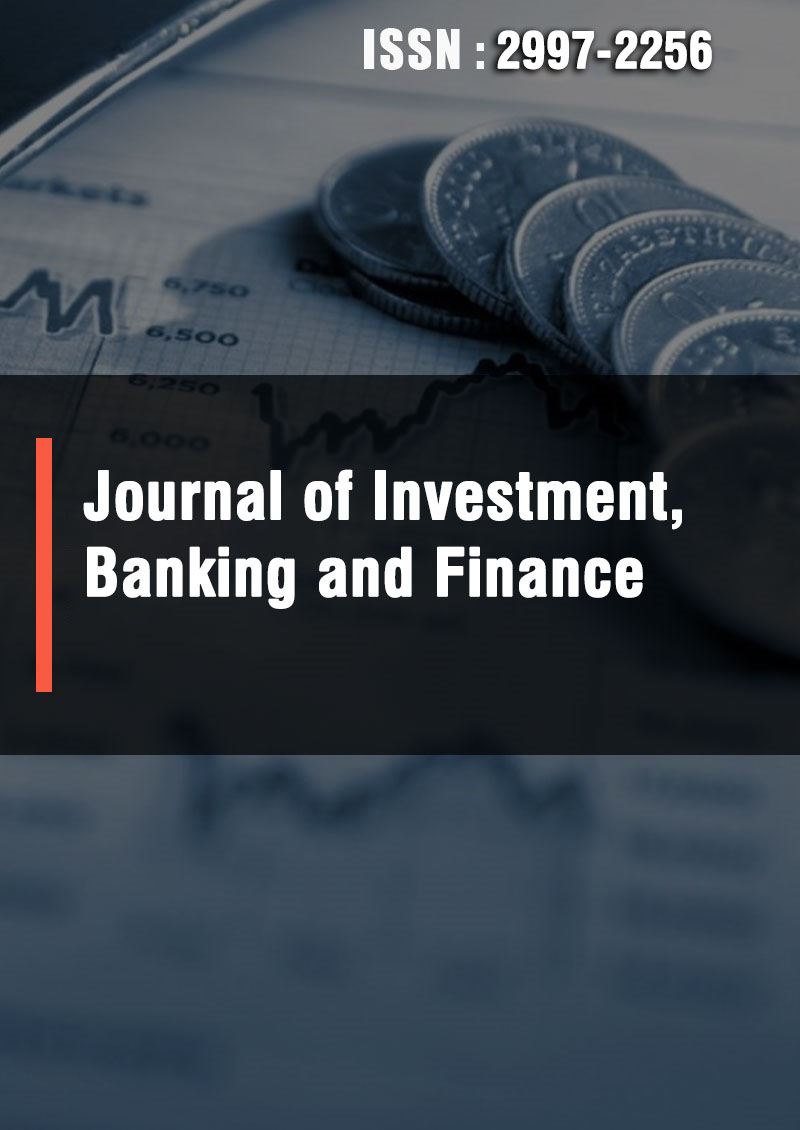Statistical Characteristics of Markets: The Case of the Johannesburg Stock Exchange (JSE)
Abstract
Brian Opiyo Yalla, Gideon Ntui Ateke and Prosper Makotore
This study employs exploratory data analysis to assess the statistical characteristics of emerging markets using the Johannesburg Stock Exchange (JSE) as a proxy. The study deploys a number of tests using R- software to assess stationarity, stability, regime changes, market anomalies, autocorrelation of returns and predictability of the returns. Daily closing price data for the JSE All Share index covering the period 2005 to 2020 obtained from the JSE is used in this study. Several key findings emerge from the study; (i) returns of the JSE are mean reverting and display volatility clustering where periods of high returns are followed by periods of high returns and period of low returns are succeeded by periods of low returns, (ii) contrary to numerous studies on market returns in emerging markets the prices and returns of the JSE display low average returns and low volatilities, (iii) there is no proof of Monday effect in the JSE returns however January effect is observable from the assessment, (iv) the returns of the JSE follow a random walk process and hence the returns are unpredictable, (v) the market returns of the JSE are non- stable and non -stationary based on the KPSS stationarity test. These findings produce mixed results with regards to theoretical assertions about emerging markets and asset markets in general. From a policy perspective, the study and the findings herein buttress the significance of exploratory data analysis in market assessment and decision making.



